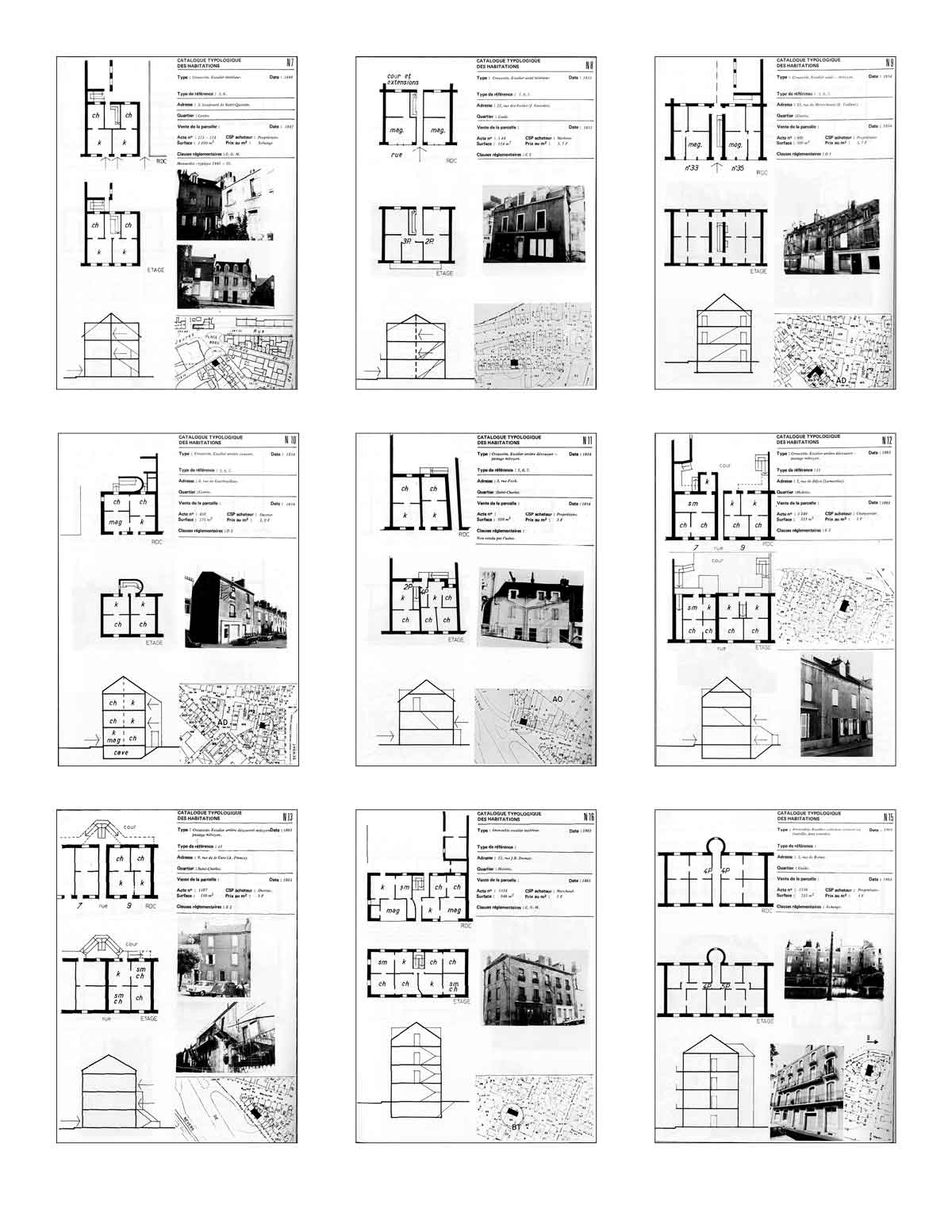Project Parcel: An Agency for Design in the Context of Urban Property

The idea of private land ownership does not immediately resonate with a socially progressive politics in Western cultures. Since land was first traded on markets in sixteenth century England, becoming subject to speculation, private property has often been seen as a root cause of social inequality. In response, state or social ownership of land has been offered as a means to achieve equity.For architects and urbanists, this ideological perspective underpinned the urban strategies of modernist design practice – to consolidate privately held land to build facilities for the commons – and still holds sway over much architectural imagination. Ironically, even for those reticent to embrace the utopian underpinnings of such modes of work, the idea of consolidating property to produce large, paradigmatic examples of ideal city form still largely pervades both scholarly and professional circles. Thus, the utopian bias of Modern architecture and planning which favored unified ownership of urban land, is still manifest in large scale contemporary corporate urban development.
Drawing from Baird’s writing, this paper explores a method of morphological analysis where the parcel is viewed, not as an obstruction to an idealized design vision, but rather as a medium to disseminate social or formal ideals through codes that govern their use. In perhaps simpler terms, these texts suggest a means for architects who are interested in urban form to participate in discussions about the land ownership policies that regulate its incremental production.
In a series of three essays that address property: “Theory: Vacant Lots in Toronto” (1978), “Studies on Urban Morphology in North America” (1988), and “Thoughts on “Agency”, “Utopia” and Property” (2013), George Baird argues, among other things, for the importance of parcel patterning in understanding urban form in market based cities in North America. This argument begins in 1978 as a loose hypothesis and a practical test and develops into an idea for a theory of politics for urbanists and architects in 2013.

Piper, Michael. Project Parcel: An Agency For Design in the Context of urban Property. The Architect And The Public: On George Baird's Contribution To Architecture, Roberto Damiani Ed. Quodlibet, 2020. pp: 245-258.